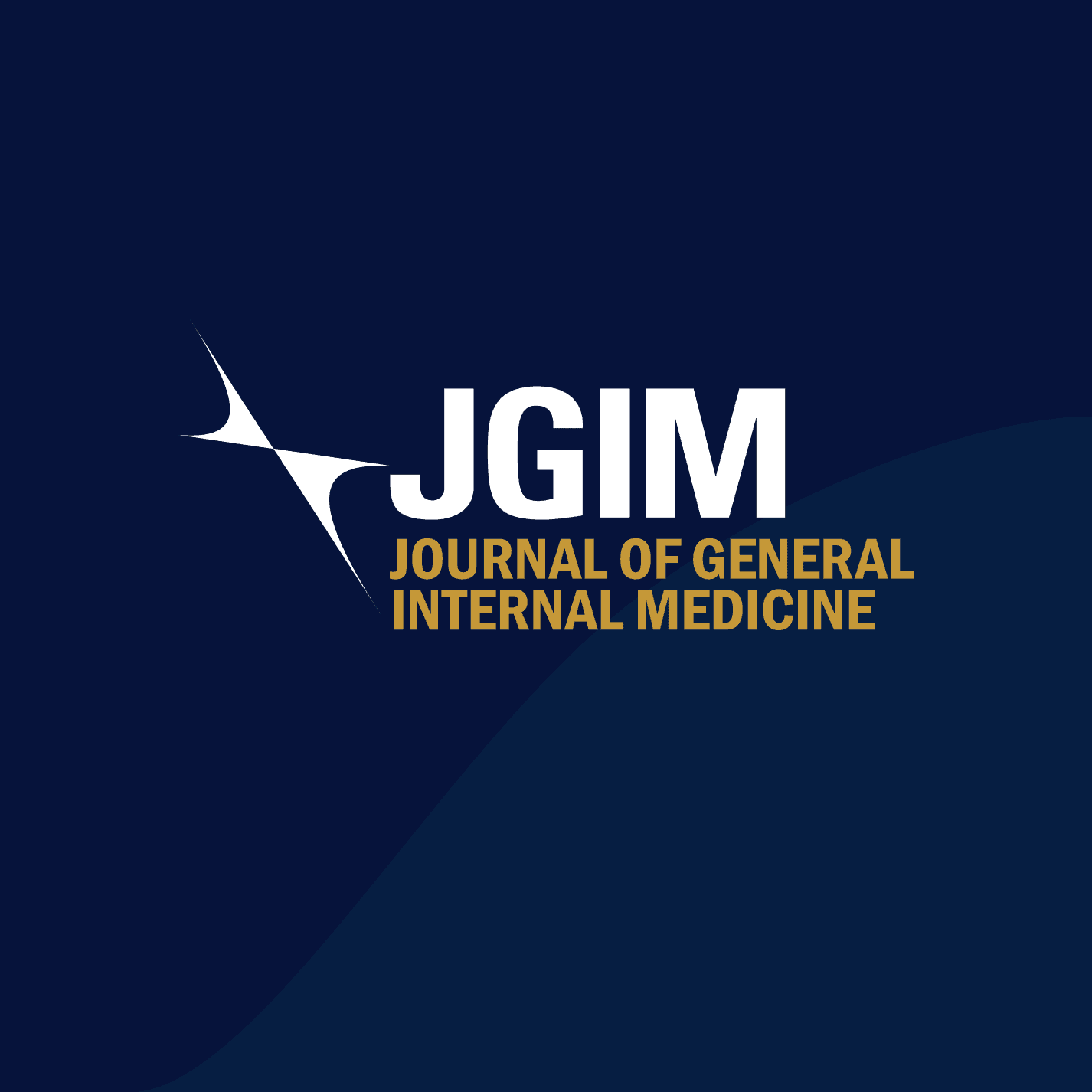Abstract
Issue
The Reporter-Interpreter-Manager-Educator assessment framework provides a concise approach to observing learner progress in clinical settings. Despite its widespread use and study, its theoretical underpinnings remain unexplored.
Evidence
We identify two key principles and concepts of the Reporter-Interpreter-Manager-Educator (RIME) framework and their underlying theoretical explanations for it. (1) Categorization and prototype theory: RIME allows categorization of the learner, using previously internalized prototypes belonging to a “category membership” (Reporter-Interpreter-Manager/Educator; Story-Observations-Assessment-Plan) which depend on pattern recognition. (2) Theories of cognitive development enabling its “developmental” perspective: the progress of roles in RIME is a series of zone of proximal development (ZPD) challenges in which the teacher and learner identify boundaries of the ZPD, recognize the gap between the actual and the potential development, and provide specific recommendations to foster learners’ advancement. Similarly, in a community of practice, learners progress from peripheral to full participation within their community and engage in a meaningful learning process.
Implications
RIME is a theory-based framework facilitating the assessment of learners in the clinical setting. RIME’s theoretical tenets facilitate its use to navigate current tensions in assessment, while offering insights into its integration with other assessment models and theoretical frameworks.
Related Articles
Clinical Utility of Routine Monoclonal Gammopathy Testing in the Evaluation of Peripheral Neuropathy
Abstract Background Peripheral neuropathy can be associated with certain monoclonal gammopathies; therefore,…
Starting Two or More Drugs Concurrently in Primary Care: How Often Is It Done, How Often Is It Needed?
Abstract Background There is growing awareness of the need for more cautious,…


